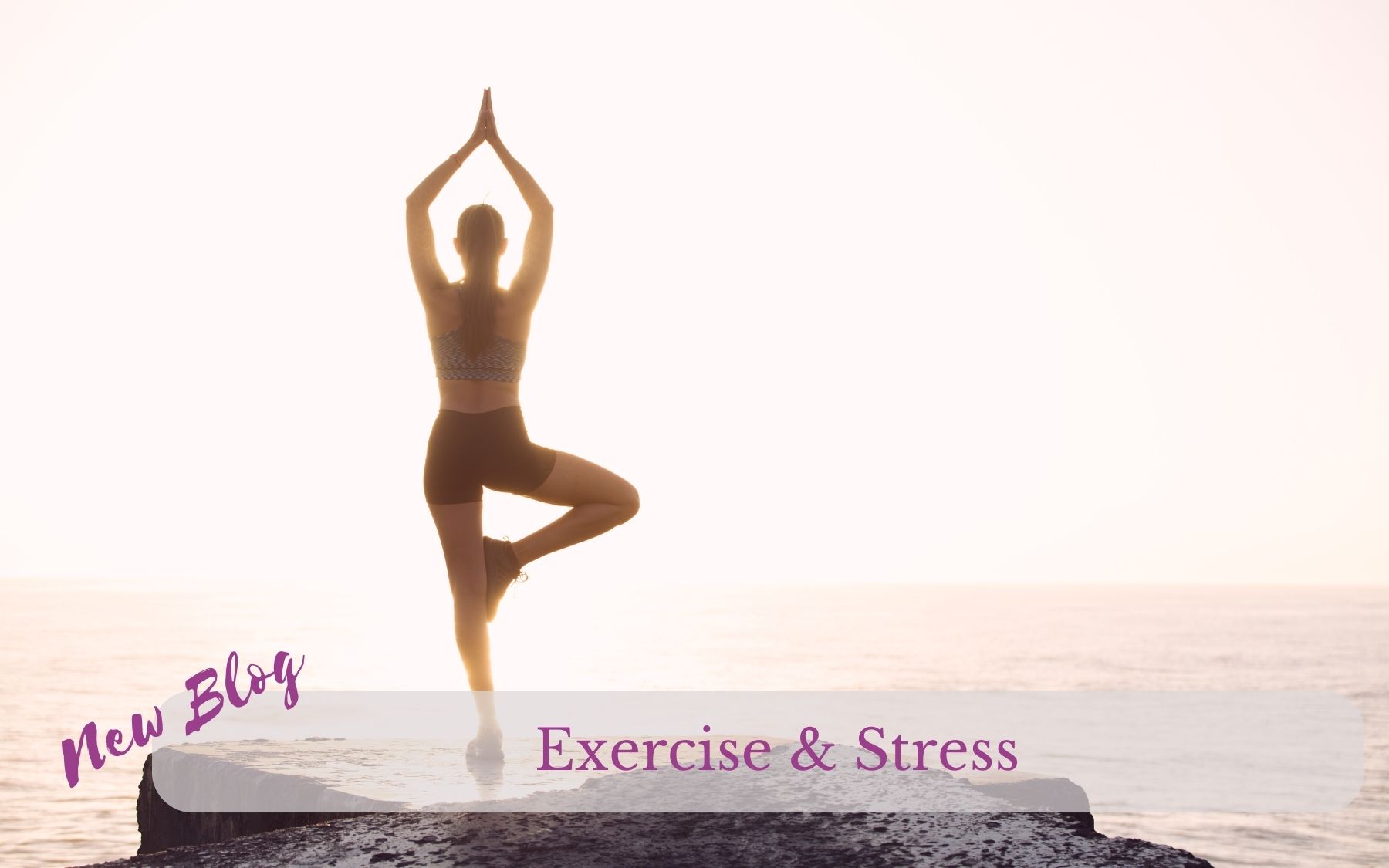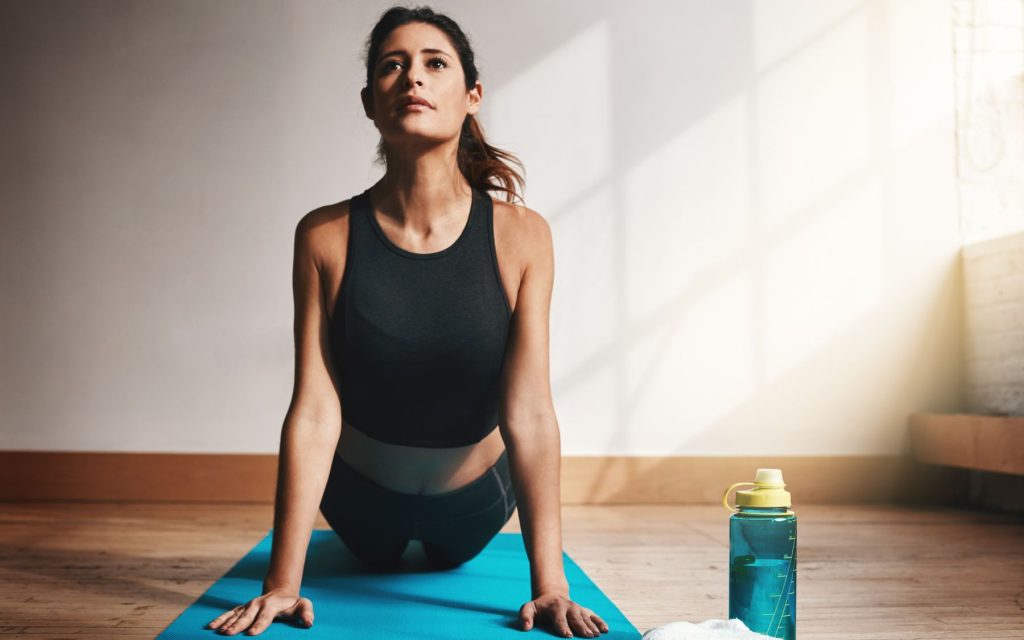
Exercise and Stress
How does exercise reduce stress? We hear so much of “Rest and Relaxation” – how can exercise be relaxing? It can be seen as a form of physical stress on the body so can it also relieve mental stress? The answer is most definitely yes!
After years of training clients as a PT the one common lines of feedback is “It makes me feel so much better”! As April is Stress Awareness Month I wanted to look into this a little deeper.
How exercise reduces stress
When you set out on your fitness regime, exercise can feel far from “fun” but as you start to form new habits and you begin to see the benefits that exercise can bring you realise that it is as much of a benefit to your mental health as it is physically.
Regular aerobic and strength exercise will bring remarkable changes to your body, your metabolism, your heart, and your spirits. Whilst stimulating and exhilarating it also has the power to counter depression and dissipate stress. Clinical trials have proven time and time again how exercise is a powerful tool against anxiety.
So how does this work? Exercise reduces levels of the body’s stress hormones, such as adrenaline and cortisol. It also stimulates the production of endorphins, chemicals in the brain that are the body’s natural painkillers and mood elevators. Endorphins are responsible for the “runner’s high” and for the feelings of relaxation and optimism that accompany many hard workouts.
In addition to this are the additional benefits that come from being consistent with an exercise routine – your self confidence grows, you may lose weight (if that is your goal) your daily energy levels are boosted. Exercise helps hugely with our sleep so you may be benefiting from a full night’s rest and more able to cope with the day ahead and any stress that brings. It is also “me time” and a chance to have a short period to yourself with a different focus!
In addition peri menopause/menopause brings women additional stress & anxiety symptoms. So many women notice that exercise really helps them at this stage of life and they feel way more positive and confident.
So which exercise should we be doing?
Strength exercises help hugely with stress – lifting weights not only helps with everyday functional fitness but the feeling of being strong and confident is a huge mood booster. Whereas high impact exercise can cause the body further stress if done excessively, working out with weights can be low impact and kinder on the joints as well as supporting bone health.
A walk or jog in the fresh air for 20 minutes a day can be a huge stress reliever as can a gentle stretch sequence. Clearing the mind and reducing anxiety. Yoga and meditation with a focus on slow deep breath work can also be hugely effective – you can learn to use your mind to relax your body. The relaxed body will, in turn, send signals of calm and control that help reduce mental tension.
And finally..
Not only will exercise reduce stress mentally but it also prevents illness which has a direct correlation to physical stresses on the body. Regular physical activity will lower your blood pressure, improve your cholesterol, and reduce your blood sugar. Exercise cuts the risk of heart attack, stroke, diabetes, colon and breast cancers, osteoporosis and fractures, obesity, depression, and even dementia (memory loss). Exercise slows the aging process, increases energy, and prolongs life.
So how much should we do? If you can walk every day then this will be a wonderful start – you don’t need to be doing gym workouts or marathon training! But adding in some strength work and stretching 3x a week will really provide you with a brilliant framework for a healthy balanced routine. You can split the sessions up into manageable chunks and even 15 minutes a day can be beneficial.
As always, any questions please do get in touch.
Caroline x



